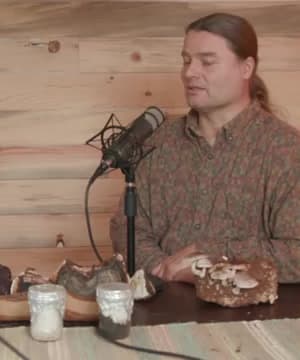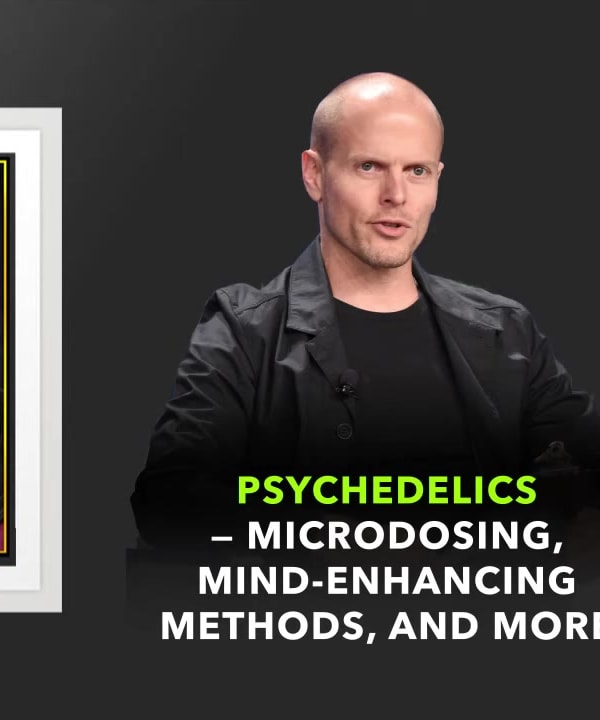Could the mushroom be used as a drug?
Sources:
Psychedelic mushrooms, specifically those containing psilocybin, have indeed been explored for their potential medicinal and therapeutic benefits. Recent studies and expert discussions highlight several key points:
-
Medical and Therapeutic Applications: Psilocybin has shown promise in treating conditions such as depression, PTSD, anxiety, and even alcoholism. Research from institutions like Johns Hopkins University has demonstrated its efficacy in clinical settings, with some studies indicating long-term benefits after just a few sessions 1 2 3.
-
Safety and Ritual Use: Historically, psilocybin mushrooms have been used in indigenous cultures for ritualistic and healing purposes. These practices emphasize controlled, meaningful experiences 4. Modern medical research also underscores their safety when used under professional supervision 5.
-
Integration into Therapy: Experts advocate for the use of psychedelics like psilocybin within a structured therapeutic framework, stressing the importance of set and setting, as well as professional guidance to maximize benefits and minimize risks 1 6.
-
Regulatory Status: Despite promising research, psilocybin remains a Schedule I substance under the Controlled Substances Act in the U.S., meaning it is considered to have no accepted medical use and a high potential for abuse. However, ongoing FDA-approved studies could change this classification if evidence continues to support its benefits 6.
-
Potential Risks: While psilocybin is generally considered safe, there are psychological risks if used improperly or without guidance. Adverse experiences can occur, particularly in unregulated environments 3.
In summary, psilocybin mushrooms have significant potential as a therapeutic drug, with growing research supporting their benefits for various mental health conditions. However, their use should be approached with caution and under professional supervision to ensure safety and efficacy.
RELATED QUESTIONS-



